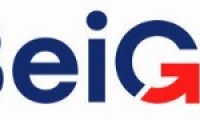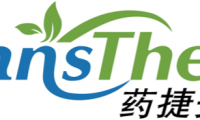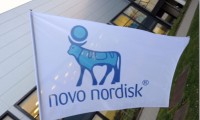-
MHRA approves Marinus Pharmaceuticals’ Ztalmy for CDKL5 deficiency disorder
- Source: drugdu
- 285
- March 12, 2024
-
Further HIV progress needed among heterosexual women
- Source: drugdu
- 282
- March 12, 2024
-
BeiGene’s Brukinsa granted FDA accelerated approval for advanced follicular lymphoma
- Source: drugdu
- 294
- March 12, 2024
-
FDA Approves Fresenius Kabi’s Tyenne, a Biosimilar of Actemra for the Treatment of Autoimmune Diseases
- Source: drugdu
- 501
- March 11, 2024
-
An Entire Flu Strain Was Seemingly Wiped Out During COVID-19 Pandemic
- Source: drugdu
- 402
- March 11, 2024
-
Sleep Meds Don’t Work for 9 out of 10 People with Chronic Insomnia – Here’s What Does
- Source: drugdu
- 359
- March 11, 2024
-
Novo Nordisk Obesity Pill Flashes the Potential to Beat Wegovy in Weight Loss
- Source: drugdu
- 707
- March 11, 2024
your submission has already been received.
OK
Subscribe
Please enter a valid Email address!
Submit
The most relevant industry news & insight will be sent to you every two weeks.













